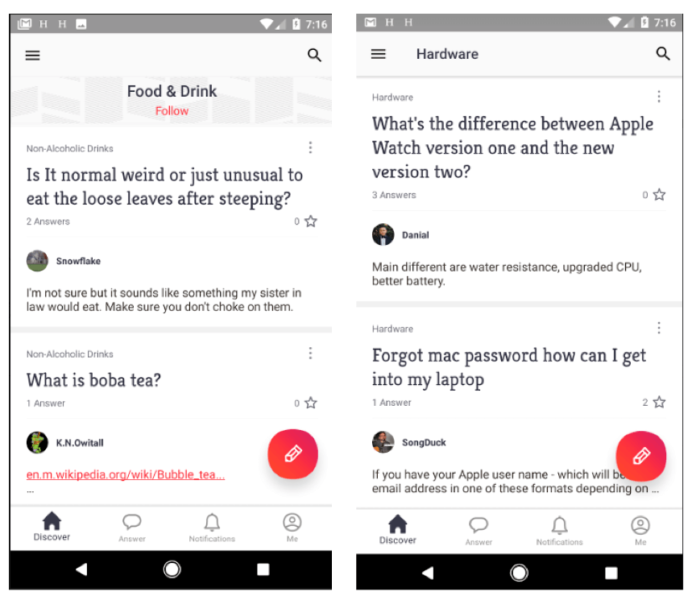Yahoo introduces ‘Answers Now’ app, but will users respond?
The company hopes to address historical quality problems with a matching algorithm.
There was a time that “answer engines” or “social search” appeared poised to be a viable alternative to traditional Google search. That never happened. Some sites faded and a few have soldiered on, offering occasional value (and entertainment) to users with esoteric or specific questions.
Somewhat ironically, discovery of those answers typically happens through conventional search results and SEO.
Yahoo Answers is one of the early players and a survivor of the “answer wars” of several years ago. The company just introduced a new mobile version called Yahoo Answers Now. Aside from an onerous sign-up and sign-in process, it offers a relatively nice UX and searchable content.

The promise of sites like Yahoo Answers and newer sites such as Jelly (from Biz Stone) is that you’ll get a very specific response to your very specific question. The expectation created is (near) real-time responses from knowledgeable humans.
Sometimes that happens. More often, however, there’s a meaningful delay between the submission of the question and the receipt of the answer. And often the quality of answers is less than desirable.
Yahoo Answers has the benefit of a huge content archive and a large community. It has tried to address quality issues in various ways over time, including through voting. In Answers Now, it’s using a matching algorithm to send questions to “qualified responders who have the experiences and expertise to provide a high-quality answer.”
At one time, Google, Amazon and Facebook were all playing in this segment. All have since exited the space. Quora still exists, and so do Answers.com and ChaCha, among some other stragglers. There are other Q&A communities that remain as well, such as Stack Exchange.
The promise of these “answer engines,” however, has never really been fulfilled. Perhaps a messaging-based app will one day deliver.



